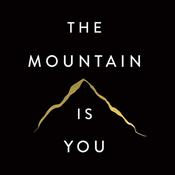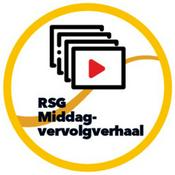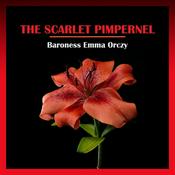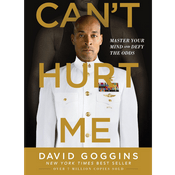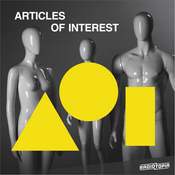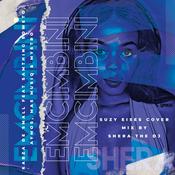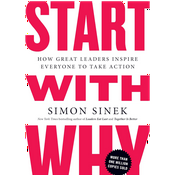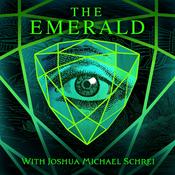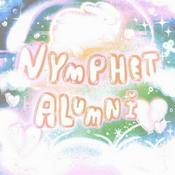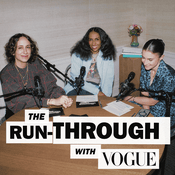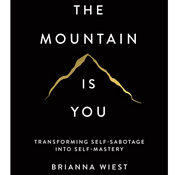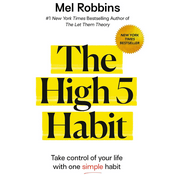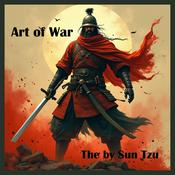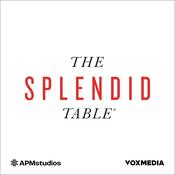63 episodes
- In this final episode of the miniseries, Erica Moiah James speaks with her friend and colleague, Sora Han. Erica and Sora were fellows at the Clark Art Institute together in 2024. While Erica was working on this project about representation in the Caribbean, Sora was working on a project about Charles Gaines, and his work Manifestos 4, which is a visual engagement with the Dred Scott decision of 1857, which denied Black people the right to citizenship, and therefore also the right to sue for their right to freedom. Sora is a legal scholar and comes to art history with a background in law. In this conversation, they discuss the stakes of naming, of using Black bodies and lives for “evidence,” and the ways in which seeking to name a portrait takes part in a discourse that extends beyond art history and into the legal sphere. In this concluding discussion, Erica discusses the stakes in art history, and the possibilities for art history as a discipline to allow society more broadly to rethink how images are deployed as evidence––on social media, in the courtroom, and beyond.
- In this episode, Erica Moiah James talks with Roshini Kempadoo, media artist, photographer, and scholar, whose book Creole in the Archive: Imagery, Presence, and the Location of the Caribbean Figure, has been critical to Erica's work in theorizing the Caribbean archive. Roshini discusses working in the archives at the University of the West Indies, and the particularity of archives in Trinidad and Guyana. They also discuss a common theoretical model in African diaspora scholarship, critical fabulation, which originally indicated the ethical demand for scholars working within archives marked by colonial violence and absence to use tools of fiction and imagination to return embodied existence to individuals, reduced to numbers. Yet this tool of critical fabulation has taken on a life of its own. Erica and Roshini discuss the complications of working in colonial archives and think about the possibilities of limits of presence and absence within these archives.
- In the second episode of this miniseries, Portrait of a Young Woman, Erica Moiah James discusses the importance of fashion in understanding this portrait and the life of this woman. She speaks with historian of fashion, Amelia F. Rauser, Charles A. Dana Professor of Art history at Franklin and Marshall College, whose book The Age of Undress: Art, Fashion, and the Classical Ideal in the 1790s was critical for Erica’s research. As Amelia has importantly argued in her text, the “objection of the enslaved Black body and the plantation culture and inhabited, stalked neoclassical dress, which could not escape the material traces of its manufacturer.” Erica’s research on the young Black woman in this portrait draws on Amelia’s work on Caribbean dress, and they will discuss the role that fashion had on the Caribbean and across the Atlantic. In particular, they explore the ways in which women and particularly women of color use fashion to claim power through self-representation.
- In this first episode of our new miniseries, Erica Moiah James introduces the 18th-century pastel Portrait of a Young Woman, shares her experience first encountering the work at the Saint Louis Art Museum (SLAM), and explains how she has tackled the process of unravelling this woman’s identity. She speaks with Judy Mann, the senior curator of European art to 1800 at SLAM, discussing the acquisition of the work, its provenance, its role within the collection, and the ways in which the museum thinks about curating history and race through the care and exhibition of this portrait. Erica and Judy explore what it means to name an individual who has historically been unnamed in the history of Western art and how museums and publics might attend to the presence of Black and Brown people in historical images.
More Arts podcasts
Trending Arts podcasts
About In the Foreground: Conversations on Art & Writing
What does it mean to make art history? In the Foreground: Conversations on Art & Writing considers the role of art in society, how knowledge is shared (or obscured), and the way histories are made and unmade—while also considering the personal stakes of scholarship. Each episode offers a lively, in-depth look into the life and mind of a scholar or artist working with art historical or visual material. Discussions touch on guests’ current research projects, career paths, and significant texts, mentors, and experiences that have shaped their thinking. We invite you to join us and listen in on these conversations about the stakes of doing art history today.
Podcast websiteListen to In the Foreground: Conversations on Art & Writing, Die Storiekas and many other podcasts from around the world with the radio.net app
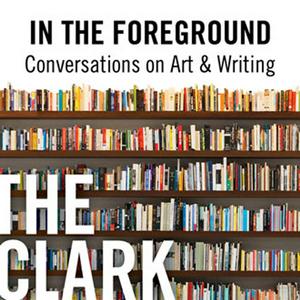
Get the free radio.net app
- Stations and podcasts to bookmark
- Stream via Wi-Fi or Bluetooth
- Supports Carplay & Android Auto
- Many other app features
Get the free radio.net app
- Stations and podcasts to bookmark
- Stream via Wi-Fi or Bluetooth
- Supports Carplay & Android Auto
- Many other app features


In the Foreground: Conversations on Art & Writing
Scan code,
download the app,
start listening.
download the app,
start listening.




